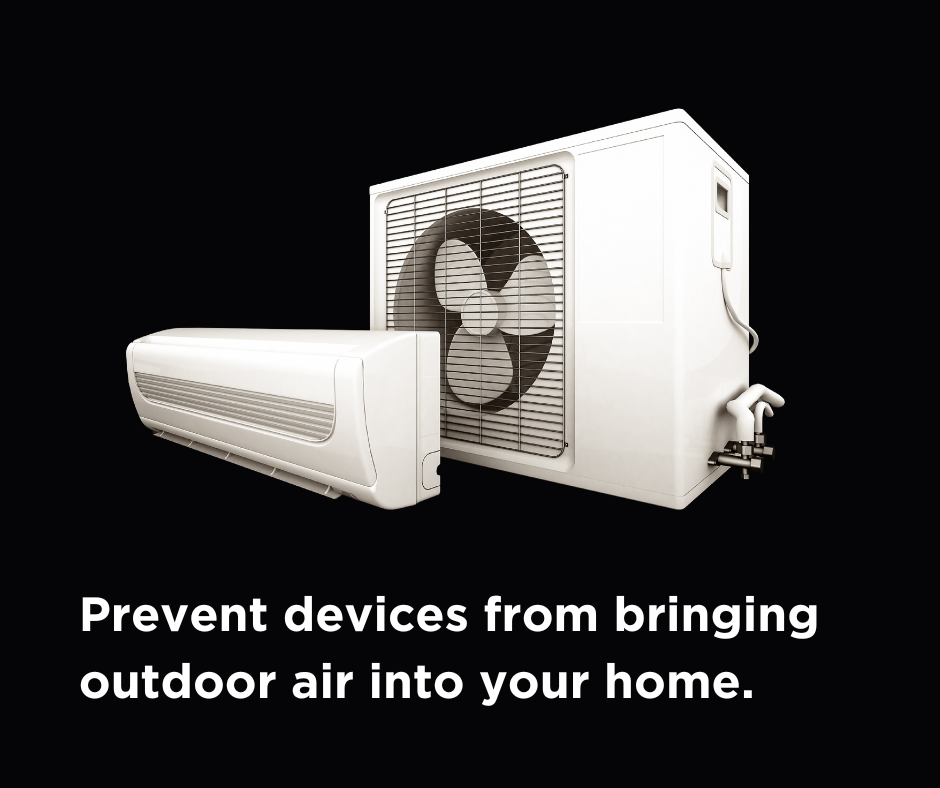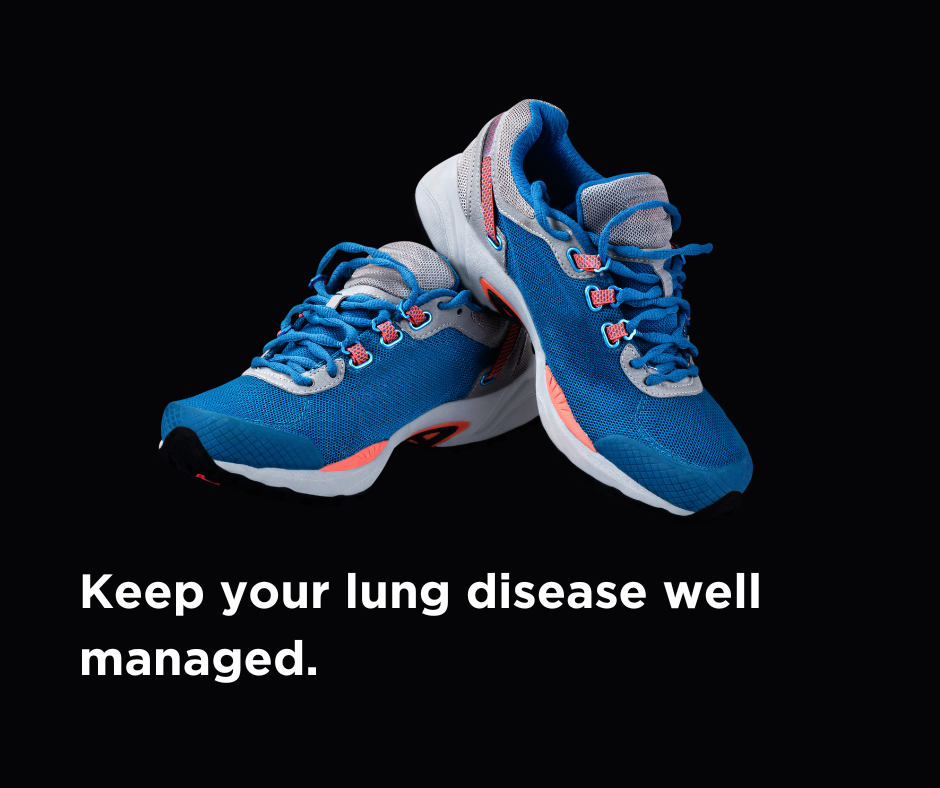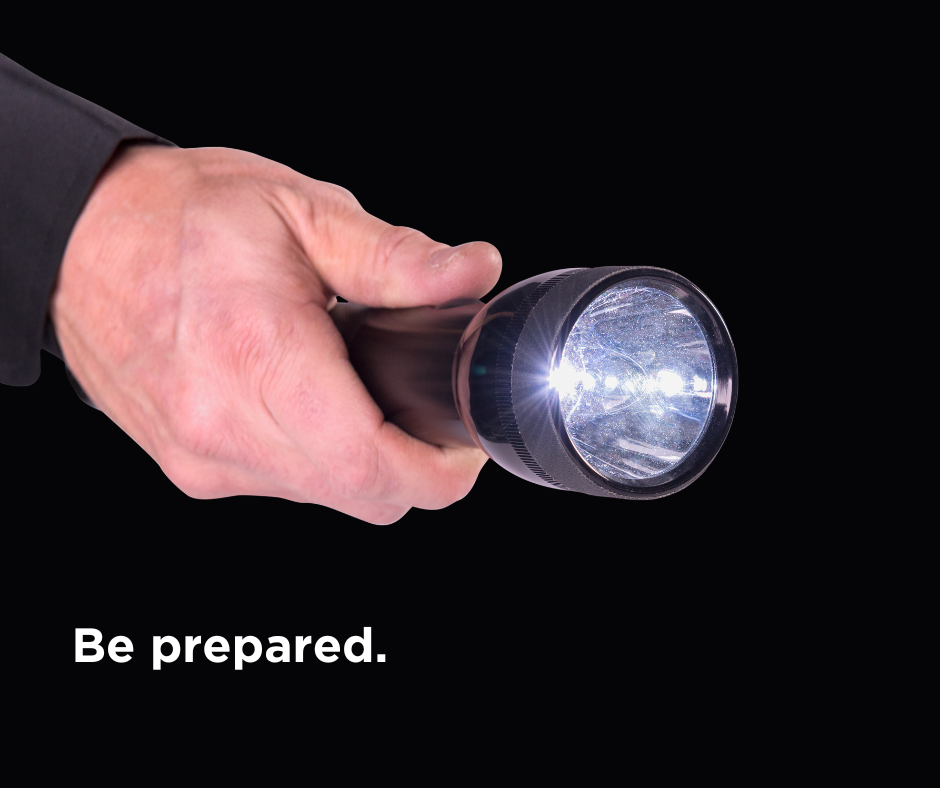2023 was the worst-ever year for wildfires in Canada. The number of hectares burned was more than six times the previous ten-year average. The amount of carbon emissions more than tripled the previous record. Canadians realized that no matter where they lived, they couldn’t escape the consequences of a record-setting wildfire season.
Smoke from wildfires can have serious health consequences for those living nearby, but it can also affect the health of people living hundreds of kilometers away. Wildfire smoke increases the particulate matter (pollution) in the air, which can cause healthy adults to cough, wheeze and have difficulty breathing. For Canadians living with lung disease, the effects of wildfire smoke are even more serious — even deadly.
Although the comparison isn't ideal because of the different composition of the smoke, research has shown that several days of air quality considered "unhealthy for sensitive groups" is equivalent to smoking seven cigarettes a day.
10 things you can do to protect your lungs from wildfire smoke
Wildfire smoke can be a threat to your lung health no matter where you live. If you are over 65 or under 18, work outside, are pregnant or have asthma, COPD or another lung disease or heart disease or diabetes, you may be particularly at risk. There are things you can do to help protect your lungs.

1. Check your local air quality
Even if you live far from any active fires, there could be a high level of particulate matter in the air where you live.
The Air Quality Health Index (AQHI) uses a scale from 1 to 10+ to indicate the level of pollutants in the air. The higher the number, the worse the air quality.
The AQHI also includes health messaging for the general public and high-risk individuals such as those living with lung disease.
If you have been diagnosed with a chronic lung condition, even an AQHI score of 4 (which is considered moderate) can make the symptoms of your lung disease worse.

2. Stay inside
If you don't have to go outside, stay inside to avoid the effects of poor air quality.

3. Keep your windows, doors and fireplace dampers shut
Prevent smoke from entering your house by keeping your windows, outside doors and fireplace dampers shut.
You can also consider creating a "clean room" in your house. Watch the American Lung Association's video on setting up a clean room in your house (available in English only).

4. Prevent devices from bringing outdoor air into your home
Most air conditioning units do not take outdoor air into the home and are safe to use during periods of poor outdoor air quality.
If your system has a fresh air intake, set it to “recirculate mode” or shut the outdoor intake damper. If you have a window air conditioner, shut the outdoor damper and ensure the seal around the unit and window is tight. It is not recommended to use a portable unit that intakes air from outside (dual-hose portable unit),
Limit your use of kitchen and bathroom fans, which can also bring outside air into the home.

5. Wear an appropriate mask if you must go outside
If you have to go outdoors during a period of poor air quality and are concerned about how it could affect your lungs, wear an N95 respirator mask. Cloth or disposable surgical masks do not protect against the particles in the air due to wildfire smoke.
N95 masks must fit properly to work, and they often do not fit properly on children or people with beards.
If you or a family member is living with lung disease, it's important to take additional precautions to limit the affect of wildfire smoke on health and wellbeing.

6. Keep your lung disease well managed
If you are living with lung disease, smoke from wildfires can make your symptoms worse. Keeping your lung disease well-managed and under good control at all times is one of the most important things you can do to minimize the effect of wildfire smoke on your lungs.

7. Keep your Asthma Action Plan or COPD Action Plan updated
Your Asthma Action Plan or COPD Action Plan should be kept up to date and include information on what to do in the case of poor air quality and wildfire smoke.
"Wildfire season" in Canada (when most wildfires occur) is between April and September. If you don’t have an action plan or if you haven’t previously discussed what to do in case of wildfire smoke, it’s important that you have that conversation with your provider and update your action plan before the next wildfire season.

8. Call us if you have questions about your breathing
If you have any questions about your breathing and how your lungs could be affected by wildfire smoke, call our toll-free Lung Health Helpline to speak with a certified respiratory educator.
1-866-717-2673 (English)
1-866-325-2673 (French)
There are additional precautions you can take if you live in an area that could be affected by an active fire.

9. Know where to get alerts and health warnings for your area
If you live in an area that could be affected by an active fire, it’s important that you know where to get accurate, updated information for your area.
Bookmark the websites of your provincial emergency alert service, sign up for automatic alerts and consider following those organizations on social media.

10. Be prepared
Wildfires can cause widespread power outages. If you use vital medical equipment like supplemental oxygen or a CPAP machine and there’s a risk that your power may go out, consider a generator or other alternative and portable source of power.
Power companies and municipalities sometimes have registries of individuals who are especially vulnerable during a power outage or other emergency. Contact them to find out about being put on a priority list for power restoration.
It is also important to have a plan in place if you are at risk of evacuation from a wildfire. FireSmart Canada is a good place to start. The organization helps Canadians increase neighborhood resilience to wildfire and minimize its negative impacts.
